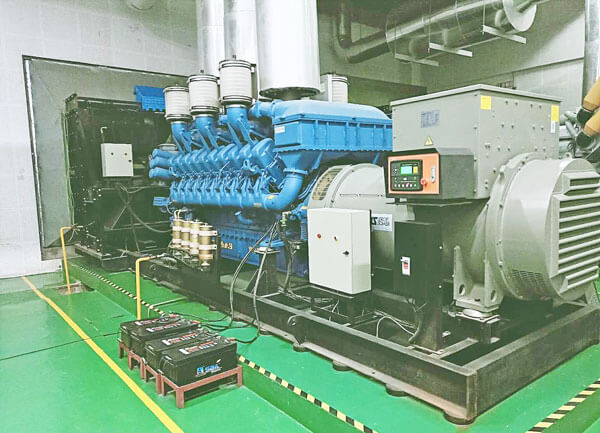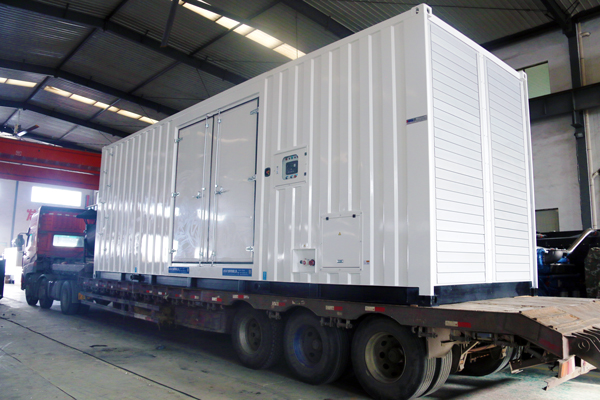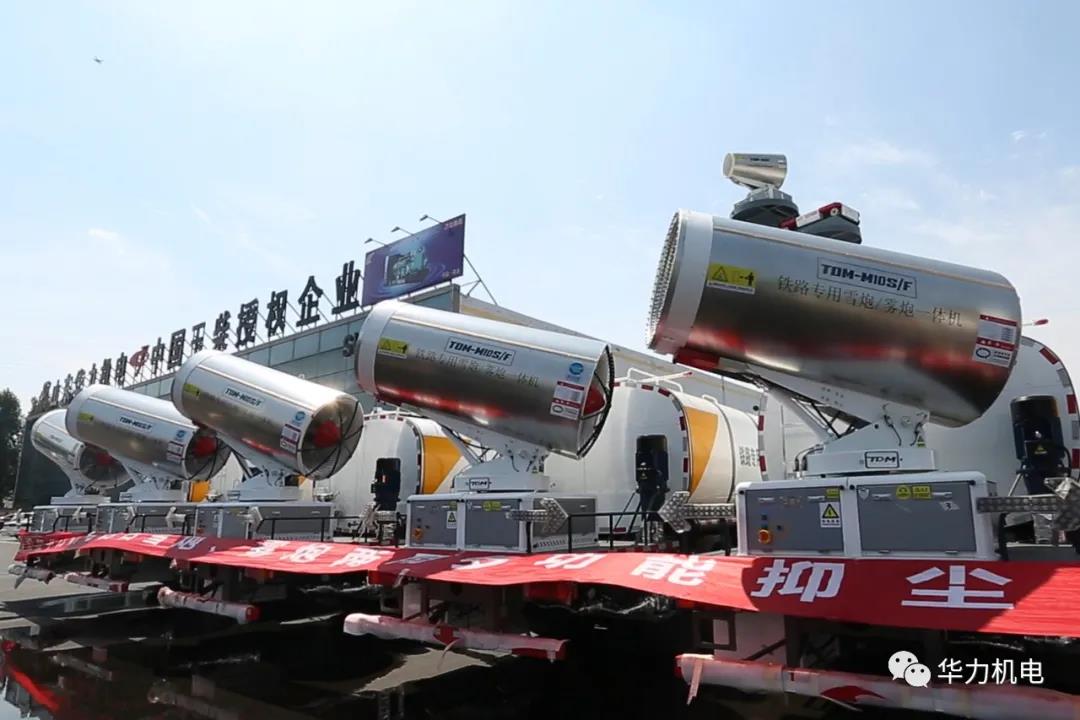Why Diesel Generators Are Critical for Data Centers : A Comprehensive Analysis
Why Diesel Generators Are Critical for Data Centers : A Comprehensive Analysis
Feb 19, 2025
Share:
Why Diesel Generators Are Critical for Data Centers : A Comprehensive Analysis
In the digital age, data centers are the backbone of global connectivity, supporting everything from cloud computing to financial transactions. Ensuring uninterrupted power supply is non-negotiable for these facilities, and diesel generators remain a cornerstone of reliable backup power solutions. This article explores why diesel generators are indispensable for data centers, analyzing their technical advantages, operational resilience, and alignment with modern infrastructure demands.

Data centers require 99.999% uptime (the "five-nines" standard), translating to less than 5 minutes of downtime per year. Diesel generators perform well in scenarios where grid power fails due to storms, equipment faults, or cyberattacks.
High Energy Density: Diesel fuel contains 35% more energy per liter than gasoline, enabling extended runtime without refueling—critical for prolonged outages.
Proven Durability: Engineered for heavy-duty use, diesel generators withstand extreme temperatures and continuous operation, unlike battery systems limited by cycle life.
Rapid Response to Power Interruptions
Seconds matter in preventing server crashes or data corruption. Diesel generators provide:
Cold Start Capability: Modern genset achieve full load in 10–15 seconds, far outpacing solar/wind hybrids that require battery bridging.
Seamless Transition: Integrated Automatic Transfer Switches (ATS) detect power loss instantly, minimizing disruption to sensitive IT loads.
Scalability for Growing Power Demands
As data centers expand to support AI and edge computing, modular diesel systems offer unmatched flexibility:
Parallel Operation: Multiple generators synchronize to deliver 1MW–20MW+ capacity, adapting to evolving workloads.
Fuel Storage Flexibility: On-site diesel tanks (vs. natural gas pipelines) ensure independence from external infrastructure.
Cost-Effective Long-Term Operation
While initial costs are higher than some alternatives, diesel generators deliver superior ROI:
Lower Fuel Costs: Diesel prices remain stable compared to natural gas volatility.
Minimal Maintenance: Advanced filtration systems extend service intervals (e.g., 500–1,000 hours between oil changes).
Compliance with Environmental Standards
Modern diesel generators meet stringent emissions regulations, addressing sustainability concerns:
Tier 4 Final Compliance: Reduces particulate matter (PM) by 90% and nitrogen oxides (NOx) by 50% versus older models.
Biofuel Compatibility: Many engines support blended biodiesel (B20), cutting carbon footprints by 15–20%.
Redundancy and Risk Mitigation
Data centers deploy N+1 or 2N redundancy configurations, where diesel generators serve as the final layer of defense:
Dual-Fuel Options: Hybrid systems (diesel + natural gas) provide extra resilience during fuel shortages.
Disaster Recovery: Geographic fuel stockpiling ensures availability during regional crises.
Conclusion: Diesel Generators—The Unrivaled Backup Power Solution
Diesel generators remain irreplaceable in data center ecosystems due to their rapid response, scalability, and proven reliability. As digital infrastructure grows increasingly complex, investing in advanced diesel systems—paired with renewable integrations—ensures operational continuity while meeting sustainability goals.
For data center operators, the choice is clear: Diesel generators are not just a backup plan but a strategic asset in safeguarding the digital future. In addition , optimizing generator configurations, adopting smart systems, and exploring hybrid models will be key to sustainable growth.
News Center
Hot Product
Hot News







